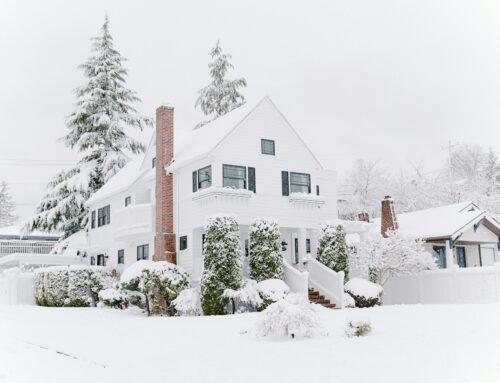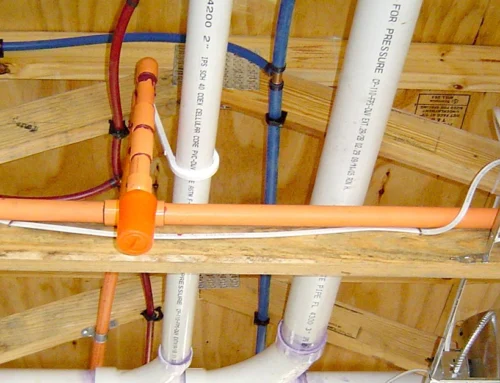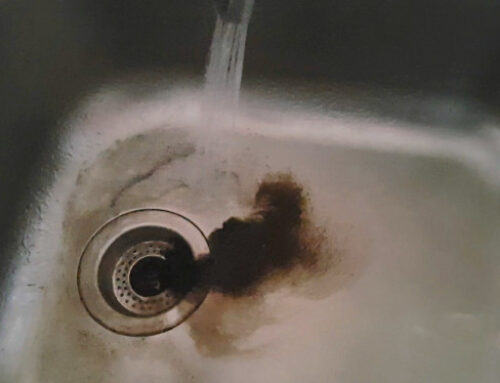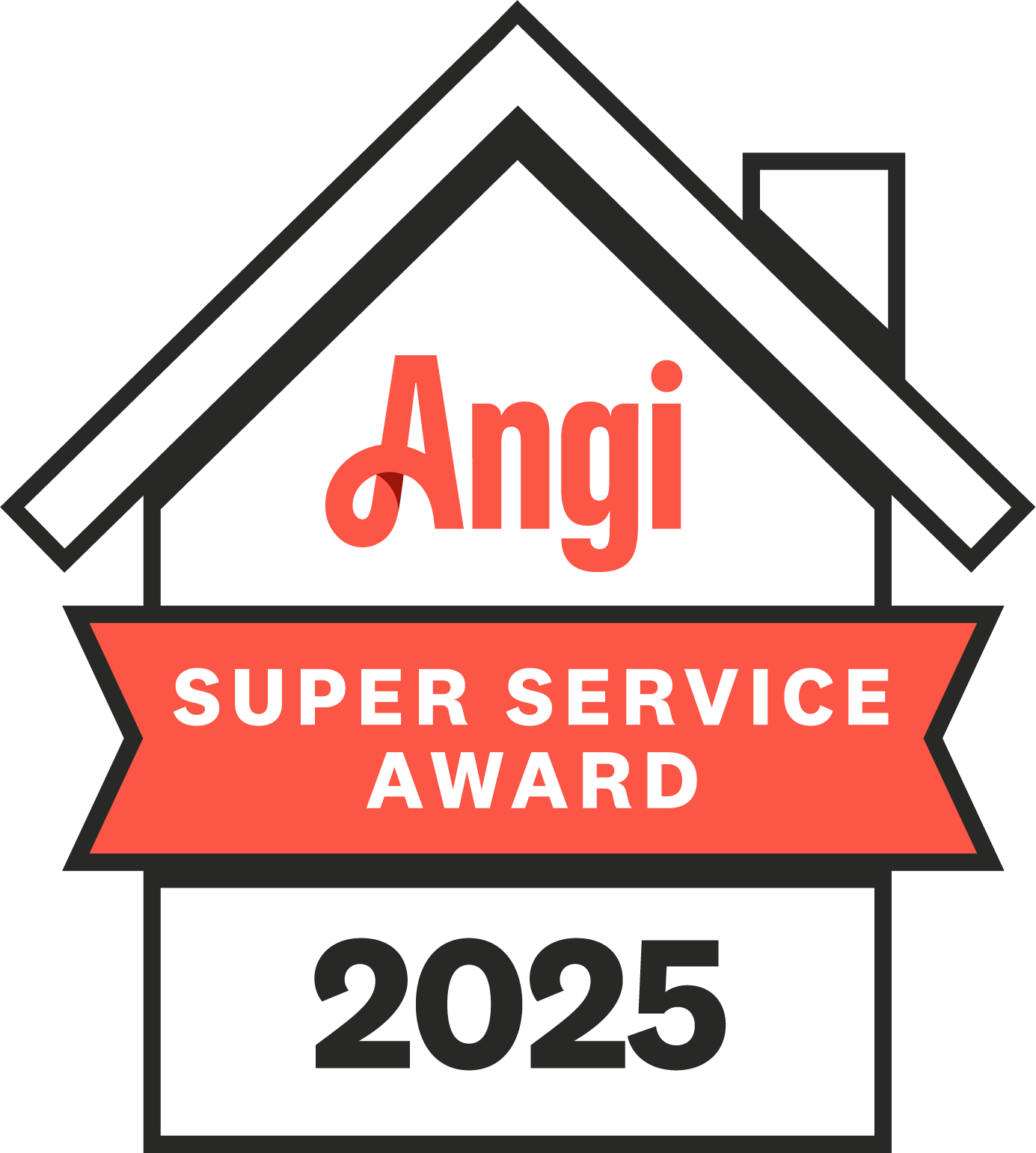Grease buildup in kitchen drains is one of the most common plumbing problems homeowners face, yet it’s often ignored until the sink slows down or clogs completely. Cooking oils, fats, and food scraps might seem harmless when rinsed away, but over time, they harden inside your pipes and create sticky layers that trap other debris. One of the most effective methods to keep grease from becoming a problem is regular hot water and dish soap flushing. This simple routine helps break down residue before it turns into a stubborn clog. By learning how grease causes trouble and adopting a few easy habits, you can keep your kitchen drain flowing smoothly, save money on costly repairs, and enjoy peace of mind. Let’s explore the best prevention tips that will help you protect your drains in the long run.
Why Grease Build-Up Is a Hidden Kitchen Problem
Most people think water washes everything away, but grease behaves differently. When you pour hot oil or fat down the sink, it may look like it disappears. In reality, as the liquid cools, it sticks to the inside of your pipes. Over time, these sticky layers attract food crumbs, soap scum, and other particles. What begins as a thin film can quickly grow into a thick blockage.
Unlike other debris, grease doesn’t dissolve in water. Instead, it hardens and narrows the pipe, making it harder for water to flow. This is why grease clogs often take months or even years to show up, but once they do, the damage can be serious. Slow drains, foul smells, and gurgling noises are early signs that grease is building up. If left untreated, the clog can lead to backups that affect your entire plumbing system.
Common Signs of Grease Build-Up in Kitchen Drains
Knowing the warning signs helps you act early before small issues turn into emergencies. Some of the most common signs include:
- Water draining slowly: When grease coats the inside of pipes, it leaves less space for water to pass through.
- Unpleasant odors: Trapped grease begins to smell as it mixes with food particles.
- Frequent clogs: If you’re constantly reaching for a plunger or drain cleaner, grease may be the main reason.
- Gurgling sounds: Air pockets trapped behind a greasy clog can create strange noises when water flows.
Recognizing these symptoms early gives you a chance to clear the pipes before they fully block.
Everyday Habits to Prevent Grease Build Up
Prevention is easier than repair. By adjusting how you handle grease in the kitchen, you can avoid many clogs altogether.
1. Dispose of Grease Properly
Instead of pouring grease down the sink, let it cool and solidify in a container, then throw it in the trash. Small amounts of cooking oil can be wiped up with a paper towel before washing dishes.
2. Rinse With Hot Water and Dish Soap
One of the simplest yet most effective methods is flushing your drain with hot water and a few drops of dish soap after cooking. The soap helps break down oils while hot water pushes them through the pipes before they harden.
3. Use a Sink Strainer
A strainer traps food particles that would otherwise stick to the greasy residue in your pipes. Empty it regularly into the trash to keep your sink clear.
4. Avoid Using Chemical Drain Cleaners Regularly
While tempting, chemical drain cleaners can damage pipes over time. Instead, focus on natural prevention methods and only use strong cleaners for emergencies.
Natural Cleaning Methods for Grease Prevention
Grease prevention isn’t just about avoiding bad habits. It also involves regular maintenance using safe, natural methods.
Baking Soda and Vinegar
Pour half a cup of baking soda followed by half a cup of vinegar down the drain. Let it fizz for about 10 minutes, then flush with hot water. This reaction loosens grease while deodorizing the sink.
Salt and Hot Water
Coarse salt can act like a scrub for your pipes. Pour a few tablespoons, followed by boiling water to help break down light grease deposits.
Lemon and Hot Water
Lemon juice contains natural acids that help cut through grease. Plus, it leaves your kitchen smelling fresh. Use it with hot water once a week for added protection.
Why Hot Water and Dish Soap Work Best
Among all methods, consistent hot water and dish soap flushing stands out as a reliable routine. Dish soap is designed to cut grease off pans and plates, and it works the same way inside your pipes. When combined with hot water, it prevents grease from sticking and keeps the inside of your drain slippery enough for debris to move along.
This method is safe, affordable, and easy to make a habit after each meal. Unlike harsh chemicals, it won’t harm your plumbing or the environment.
Long-Term Effects of Ignoring Grease Build-Up
If grease buildup is not managed, the consequences can extend beyond slow drains. Some long-term effects include:
- Pipe corrosion: Grease mixed with food waste can release acids that damage pipes over time.
- Sewer line blockages: Grease doesn’t just stay in your kitchen pipes. It can travel further down and clog main sewer lines, leading to costly repairs.
- Water damage: Severe blockages can cause wastewater backups that damage floors, cabinets, and walls.
- Unhealthy environment: Standing water filled with grease and food waste can attract pests and cause health risks.
Professional Help for Severe Grease Clogs
While prevention is the goal, sometimes grease clogs become too stubborn for home remedies. In such cases, professional plumbers use specialized tools like hydro jetting, which blasts high-pressure water through pipes to remove thick layers of grease. This is far more effective than chemical cleaners and restores your pipes to nearly new condition.
Getting help early prevents larger plumbing issues and protects your home from expensive damage.
Practical Tips to Keep Your Drain Healthy Every Day
- Wipe greasy pans with paper towels before rinsing.
- Use a separate container for used cooking oil.
- Run hot water after washing dishes.
- Do a natural cleaning routine weekly.
- Teach everyone in the household how to dispose of grease properly.
By following these steps, you can create a kitchen routine that prevents grease buildup for good.
Conclusion: Protect Your Kitchen From Grease Build-Up
Grease buildup in kitchen drains doesn’t happen overnight, but it can cause major problems if ignored. The good news is that simple habits like disposing of grease properly and regularly flushing with hot water and dish soap can keep your pipes clear. Natural cleaning methods like baking soda and vinegar add an extra layer of protection while keeping your sink fresh.
By acting now, you not only prevent clogs but also avoid costly plumbing repairs and protect your home from water damage. A little effort each day saves a lot of stress in the future.











